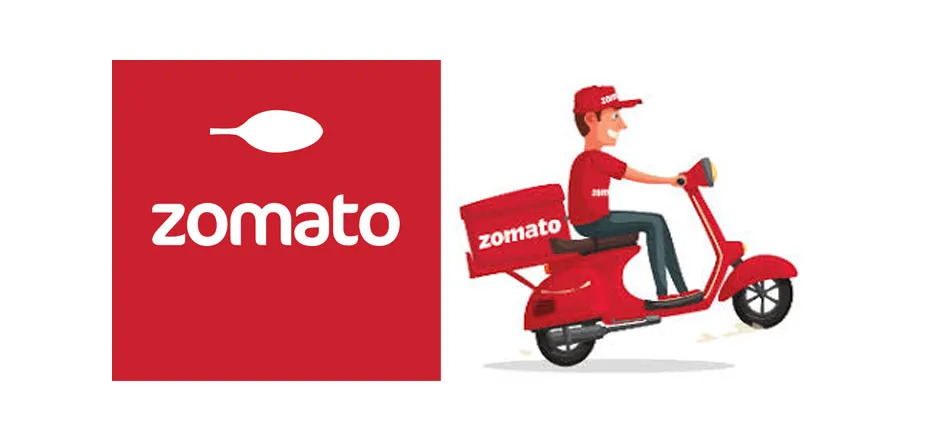After announcing its 10-minute food delivery service, dubbed Zomato Instant, on Monday evening, popular food delivery app Zomato received a barrage of negative feedback on social media. Zomato, a new fast-food delivery service, claims to be able to deliver your order in as little as 10 minutes, but there’s a catch. Your food orders will not all be delivered in ten minutes. From next month, the Zomato Instant service will be available at four locations in Gurugram.
Deepinder Goyal, the company’s founder, said on Tuesday that the 10-minute delivery service will be limited to items that are “popular, standardised, and can thus be dispatched within 2 minutes.”
In response to a Twitter question, the founder of Zomato highlighted the types of food that can be delivered in 10 minutes. According to him, the Instant service will deliver items such as “bread omelettes, poha, coffee, chai, Biryani, momos, and many more” within 10 minutes. If you order noodles, fried rice, or pizza, in that case, the delivery time will be increased to 30 minutes or more, depending on the distance.
Delivery Partners’ Safety
The food delivery app was trolled and questioned shortly after announcing the Zomato Instant service, for not taking the safety of its delivery partners seriously. Goyal clarified in a recent Twitter post that the company will continue to educate delivery agents on road safety. In one of his tweets, Goyal stated, “We continue to educate our delivery partners on road safety, and we also provide accidental/life insurance.”
He also said that delivery partners would be kept in the dark about the promised delivery date. This, he believes, will relieve the delivery agent of any additional stress. Goyal also stated that there will be no penalties for late deliveries.

Delivery Times Of 10 Minutes And 30 Minutes Are Compared.
Goyal shared a chart in a Twitter thread comparing 10-minute and 30-minute deliveries. Three major factors for deliveries are mentioned in the table: kitchen preparation time, the average distance travelled, and average time travelled.
According to the chart, a 10-minute delivery requires at least 2 to 4 minutes of kitchen preparation time, whereas a 30-minute standard delivery requires at least 15-20 minutes. The graph also shows that for a 10-minute delivery service, Zomato is opening stations closer to the customer’s location by 1 to 2 kilometres. In the case of standard 30-minute delivery, the distance from the customer’s address is 5 to 7 kilometres.
As a result, delivery partners will take 3 to 6 minutes to deliver the food at a 20 kilometre per hour average speed, whereas standard delivery can take up to 15 to 20 minutes.
Why Is It That Food Is Delivered In Ten Minutes?
Customers are increasingly demanding faster responses to their needs, according to a statement from the online delivery platform. They don’t want to plan ahead of time, and they certainly don’t want to wait. One of the most popular features of the Zomato app is sorting restaurants by fastest delivery time. Furthermore, after becoming a frequent customer of Blinkit (one of Zomato’s investments in the quick commerce space), the company believes that Zomato’s 30-minute average delivery time is too long, and thus plans to launch its own delivery service.
What Are The Chances Of This Happening?
Based on demand predictability and hyperlocal preferences, each of Zomato’s finishing stations will house bestseller items (20-30 dishes) from various restaurants. “Zomato has certain data about the customers—age, location, restaurants they eat at, favourite dishes, and so on. With the previous data, the company can predict the trends on how many probable orders could come at any given point in the future,” Rajath Ratnakaran, a data analyst, explained.
If Zomato Instant works as planned, it will have a significant impact on affordability (at least a 50% reduction in cost to the end customer), accessibility (delivery time will be reduced from 30 minutes to under 10 minutes on average), and quality (with control over the supply chain, we will be able to ensure highest grade ingredients and hygiene practises across the supply chain), according to the company.